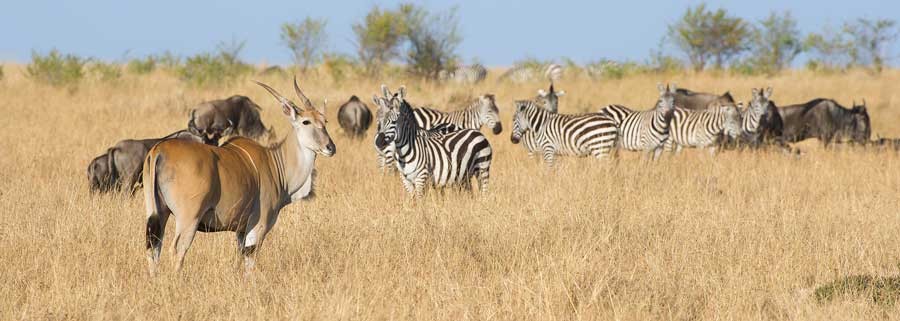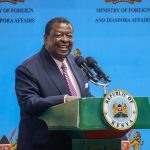The National Government has launched the second phase of the National Animal Census, focusing on 65,000 square kilometres across six counties in northern Kenya.
The project is being conducted by the Wildlife Research and Training Institute (WRTI) in partnership with ten other organizations.
Speaking at the launch event in Shaba, Isiolo County, Cabinet Secretary for Wildlife and Tourism Rebecca Miano highlighted the significance of the census, noting that since the last count in 2021, Kenya has experienced severe droughts and floods that have had a detrimental impact on wildlife.
She emphasized that this census is crucial for informing government policies and developing future mitigation strategies.
WRTI, the mandated agency for the census, shared preliminary findings from the first phase of the survey, conducted earlier this year in the Mara, Amboseli, and Magadi zones.
The data reveals a 29 per cent increase in the elephant population, while the buffalo population has shown a decline.
To ensure accurate data collection, WRTI is utilizing advanced mapping and tracking technology, employing seven helicopters to cover vast areas simultaneously.
The data collected is transmitted in real-time to a data centre in Shaba for immediate tabulation and analysis.





